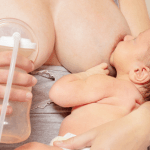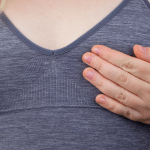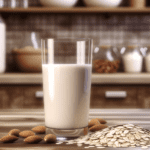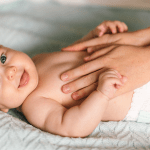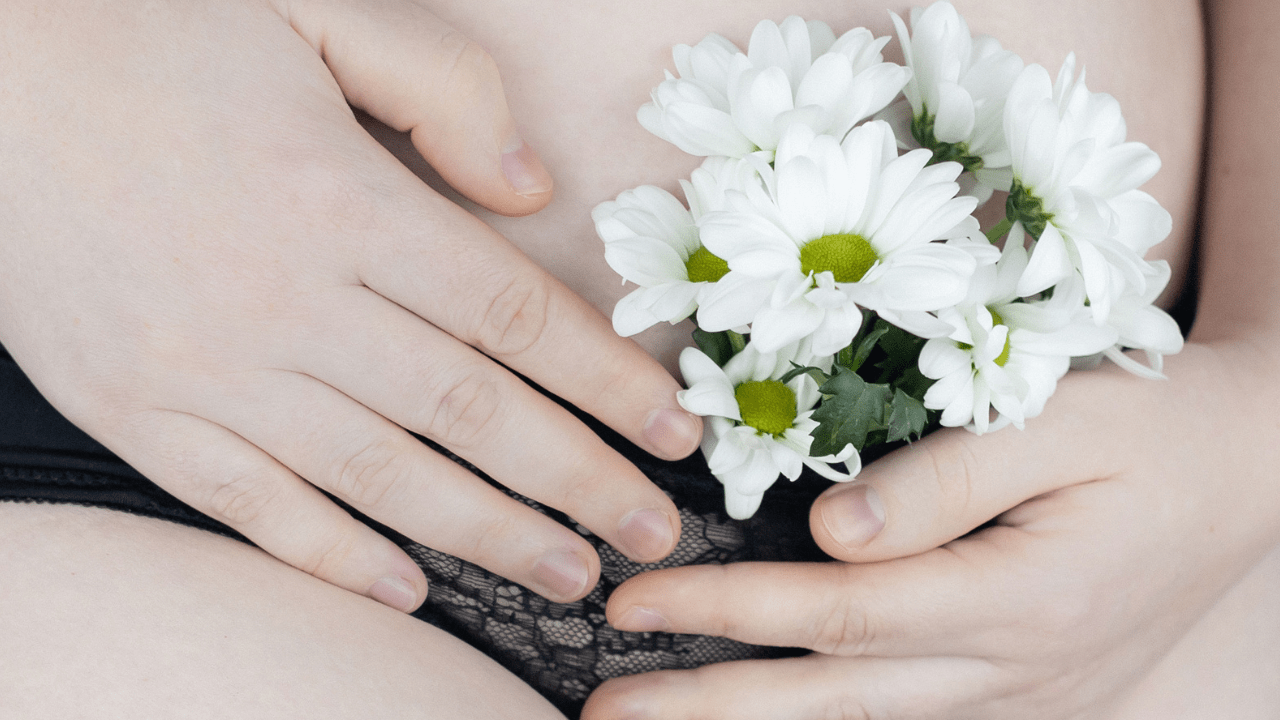Did you know that breastmilk is often referred to as liquid gold?
It’s because this magic milk made by mamas is a living fluid that changes depending on what your baby needs. Mother nature came up with this amazing trick because a baby keeps developing. And as baby develops, baby’s needs changes. And breast milk adapts to that.
Breast milk can help your newborn’s gut against harmful bacteria, viruses, and allergens. It can also boost your growing baby’s immune system by producing antibodies for any bugs your baby is exposed to. And depending on whether your baby is hungry, thirsty, or growing, it can also change its composition. Isn’t this mind blowing?
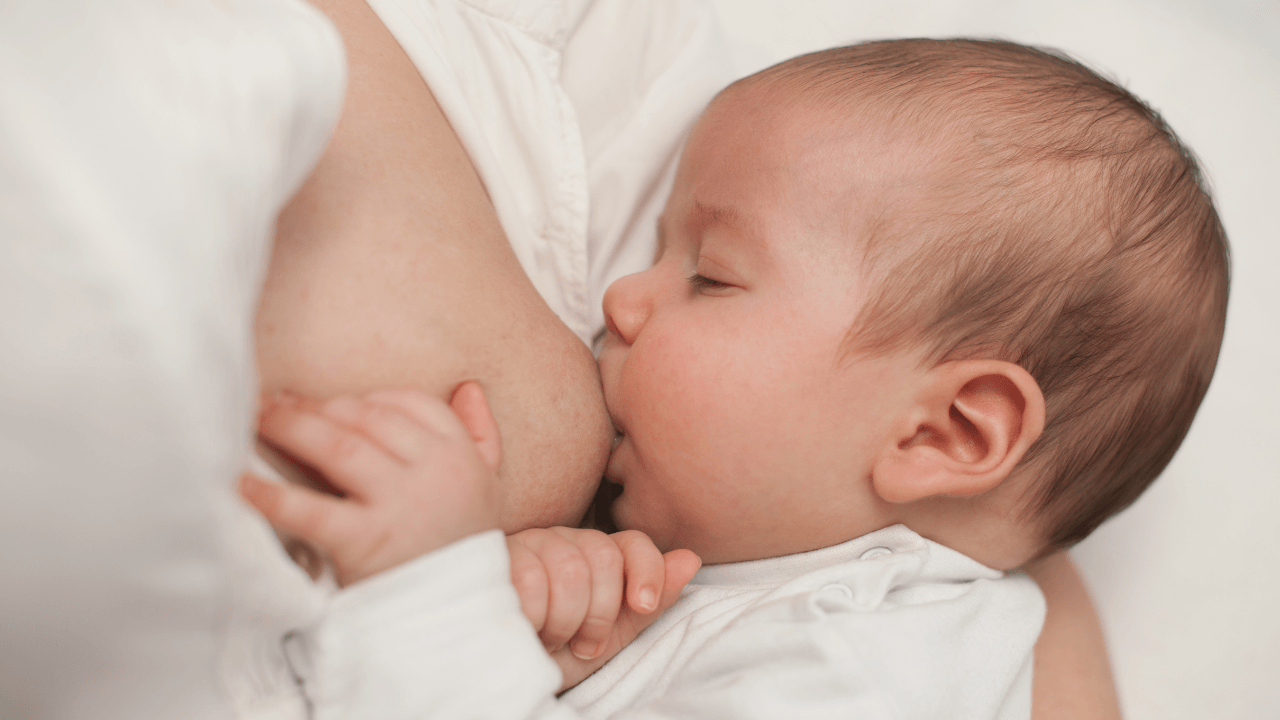
Let’s dive a little deeper here on the ways your breastmilk changes to meet your baby’s needs.
- Breast milk changes as your baby grows.
The composition of the nutrients in breast milk changes according too the age and development of your baby, creating the perfect food as baby grows from a newborn to weaning.
For example, studies show the breast milk of mothers who have premature babies contained more calories, a greater fat concentration, more protein, sodium and secretory IgA (sIgA) than the milk of mothers whose babies went to full term.
- Breast milk changes during a feed.
The fat content of your breast milk changes throughout a feed and your baby can regulate this by his sucking – as long as you allow your baby to feed as long and as often as he needs. When your baby is thirsty and begins to suck he will firstly get the moreå ‘watery’ foremilk to quench his thirst, as the feed goes on, he will stimulate your ‘letdown reflex. As your milk ‘lets down’ this reflex will be squeezing the higher fat milk or ‘hind milk’ down to your baby to meet his energy needs.
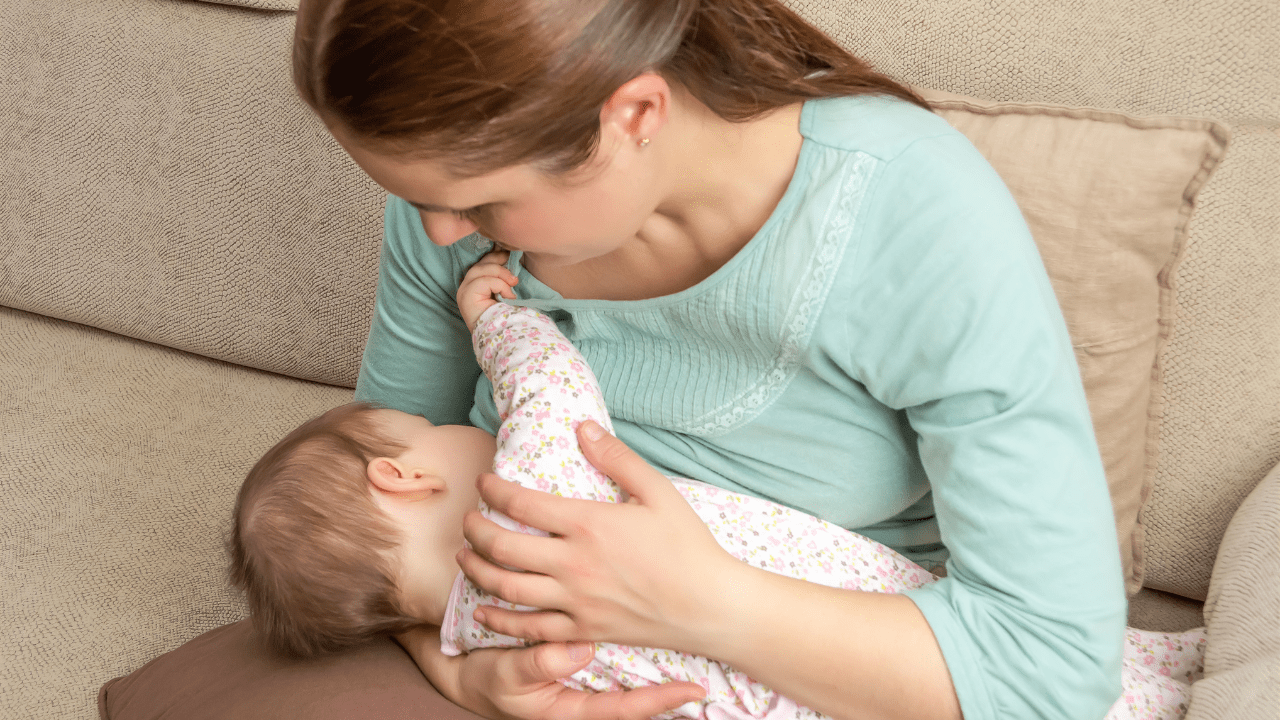
- Kissing baby will change your breast milk.
Did you know that kissing your baby will also help boost their immunity? Every time a mother is kissing her baby, the mother’s body is taking in pathogens from baby’s skin. These pathogens will be moved to mum’s lymph system, which then makes the corresponding antibodies. These antibodies will then pass through your breast milk to your baby and boost their immune system.
This miraculous system also works the same way whenever your baby is exposed to a bug – if you have been exposed, your child has played with another child’s toy, or has been touched by a visitor that came in contact with viruses or bacteria.
When your baby’s saliva is transferred to your breasts, it creates a signal for your immune system to make antibodies which are then transferred back to baby in your breast milk, protecting them against harmful illnesses.
If you’ve found this article useful, take a look at our other breastfeeding tips.

